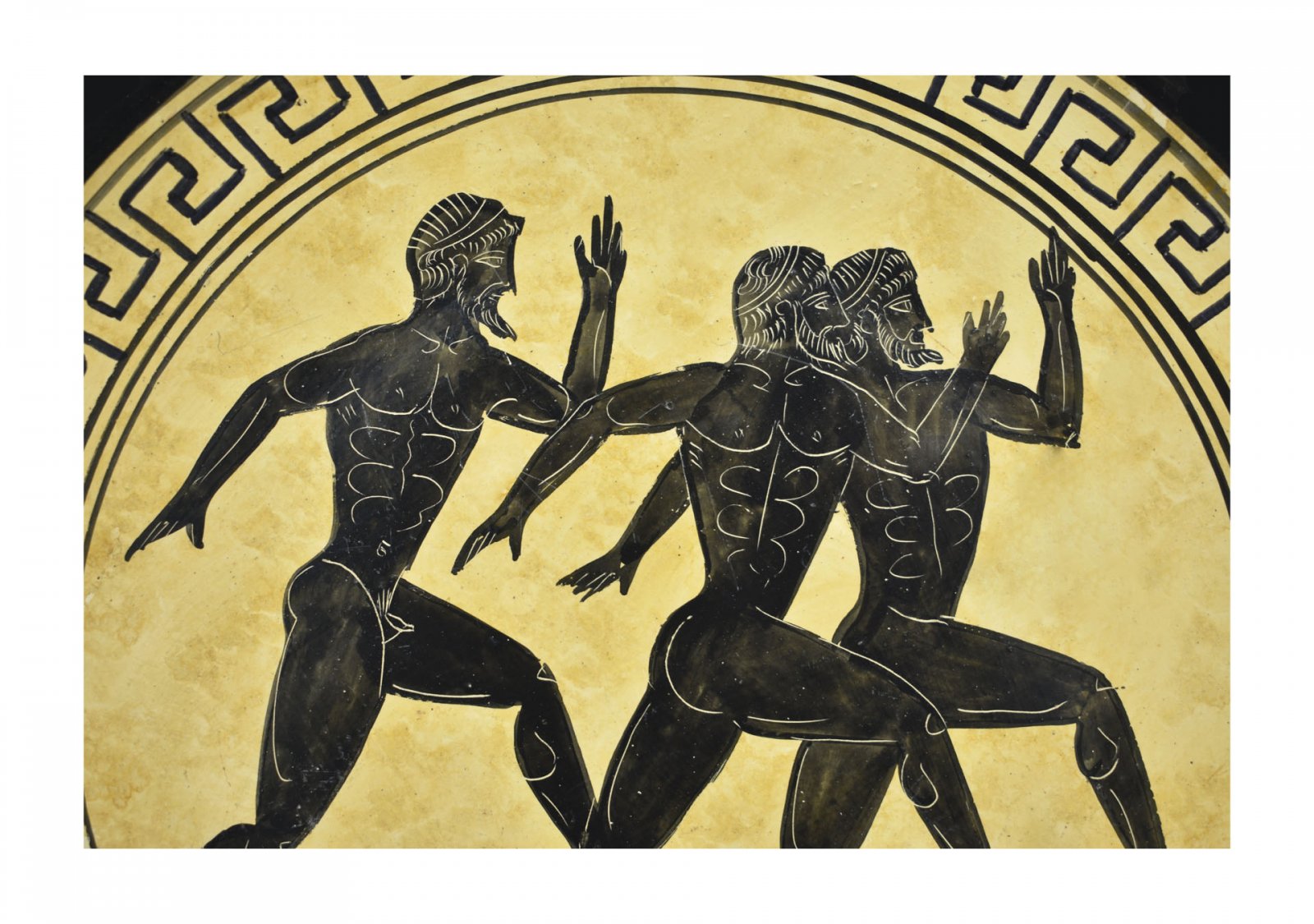Greek alabaster statue of Hercules holding his club
€15.00
Handmade greek ceramic plate depicting Marathon Runners


24 x 24 x 2 centimeters
9.45 x 9.45 x 0.79 inches
Ceramic
€40.00
©2020 souvenirsfromgreece.com
Template design by Bootstrapious: E-commerce